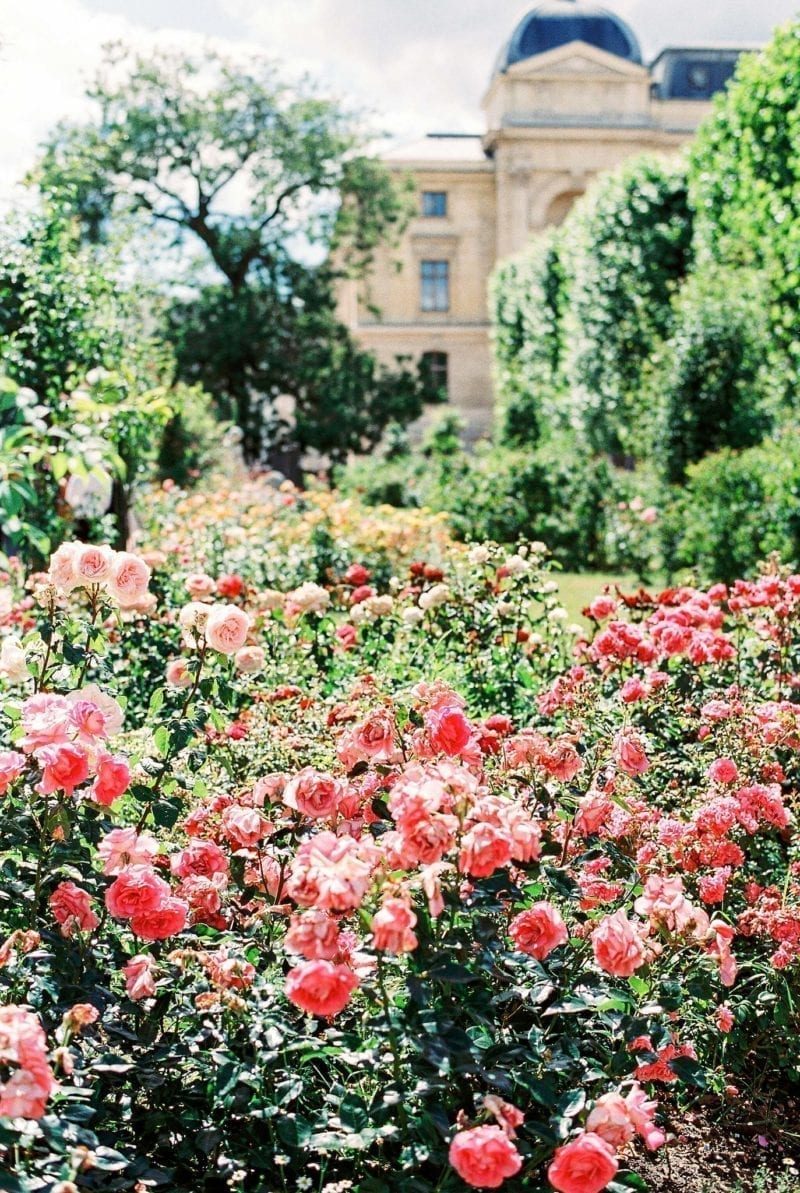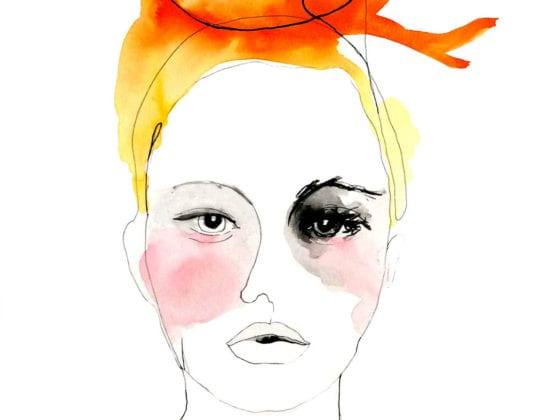Despite not having the money to travel, my parents did everything they could to ensure I grew up a citizen of the world—a person with respect and reverence for the cultures and people across the globe.
Our home was a constant, revolving door of people—from Thanksgivings with Yugoslavian immigrants to dinners with international students from Spain, Estonia, China and England, just to name a few. My upbringing consisted of singing lullabies in Dutch with my grandmother who immigrated from the Netherlands, practicing Russian with my father and, later on, majoring in Spanish and studying abroad in Spain.
These experiences taught me the value of different cultures and how much we can learn from one another, especially in regards to wellness. While there are so many cultural terms to explore, I’ve rounded up seven of my personal favorite international wellness practices, from Japan’s Hara Hachi Bu to the Dutch phrase, gezellig. No matter your heritage or country of origin, hopefully these terms can have a positive influence on your life.
1. Siesta
Origin: Spain
During my semester abroad in Spain, I learned about the art of the siesta, a long nap in the afternoon after a hearty midday meal. With sleep deprivation on the rise, organizations like the Sleep Foundation tout naps as beneficial for overall health and wellbeing—increasing alertness, providing relaxation and enhancing overall performance. Next time you feel stressed or overwhelmed, take a page out of the Spanish way of life and give yourself a break with a long and relaxing siesta to freshen up your day.
2. Gezellig
Origin: The Netherlands
As the granddaughter of a Dutch immigrant, life at my grandmother’s house was all about gezellig. Best translated in English as “conviviality,” gezellig is all about a relaxed environment filled with good food and good people. To live gezellig is to practice special attention to social and emotional awareness, filling your home with things that are cozy and warm and with the people who you love most.
3. Hara Hachi Bu
Origin: Japan
Hara Hachi Bu, also known as Hara Hachi Bun Me, is a practice rooted in Confucius teaching that encourages people to eat until they’re up to 80 percent full. A friend from Japan said, “It encourages being grateful for what you have and not greedy for more, and it’s actually healthy since it takes a while for the food you eat to digest.”
With healthy portion control and limited intake, it’s no wonder Japan has one of the lowest rates of illness (from heart disease and strokes to cancer) with a longer average life expectancy.
4. Convivio / Sobremesa
Origin: Mexico
In Spanish, the word convivio means “get together,” but the word is much more broad than that. It means celebrating and doing life together from holiday celebrations to get-togethers with neighbors, churches and friend groups.
Ever the social creature, Mexico also utilizes the phrase, sobremesa, which means “over the table.” Inherited from the Spanish, it’s the act of sitting at the table long after the meal has ended, engaging in lively and spirited conversations and enjoying one another’s company, focusing on one’s social wellbeing and health.
5. Sabai Sabai
Origin: Thailand
Speaking with my friend from Thailand, he was quick to point out that Thailand is a country with much heartbreak—rampant poverty, sex-trafficking and lack of education. Yet, despite the difficulties, Thai people strive for a life of joy and balance, quite possibly best embodied in the phrase sabai sabai. The phrase translates most closely to “let it go,” representing a relaxed and carefree way of life.
Counter to the American proclivity toward productivity, the Thai people defy the ideology that faster is better and opt instead for a more balanced approach toward life of letting things go and relaxing along the way. Sabai sabai is an important practice of emotional wellness and of knowing what can and cannot be controlled.
6. Ubuntu
Origin: South Africa
Best described as “I am, because you are,” ubuntu represents a transcendental togetherness that offers dignity to all of humanity. The spirit of ubuntu invites all to recognize that progress and growth can only be accomplished through mutual enhancement since we are all connected on an invisible level.
Living in the posture of ubuntu means caring for your neighbor, fighting for justice and lifting up those who have been oppressed. It’s an attitude that attends to the communal wellness of those around you, which in terms improves personal enrichment and fulfillment as well.
7. Friluftsliv
Origin: Norway
Popularized by Norwegian poet and playwright Henrik Ibsen, friluftsliv is at the heart and soul of Norwegian culture. Meaning “open-air living,” friluftsliv represents a life outdoors and an active pursuit of spiritual and physical wellness.
In Norway, they recognize the importance of connecting with nature and the positive effects it has on both body and mental health. Whether it’s a hike in the woods or a jog in the park, be sure to get your friluftsliv on for relaxation, inspiration and meditation.
Do you have a beloved cultural practice? Celebrate your culture in the comments below.
Image via Marissa M. Wu











